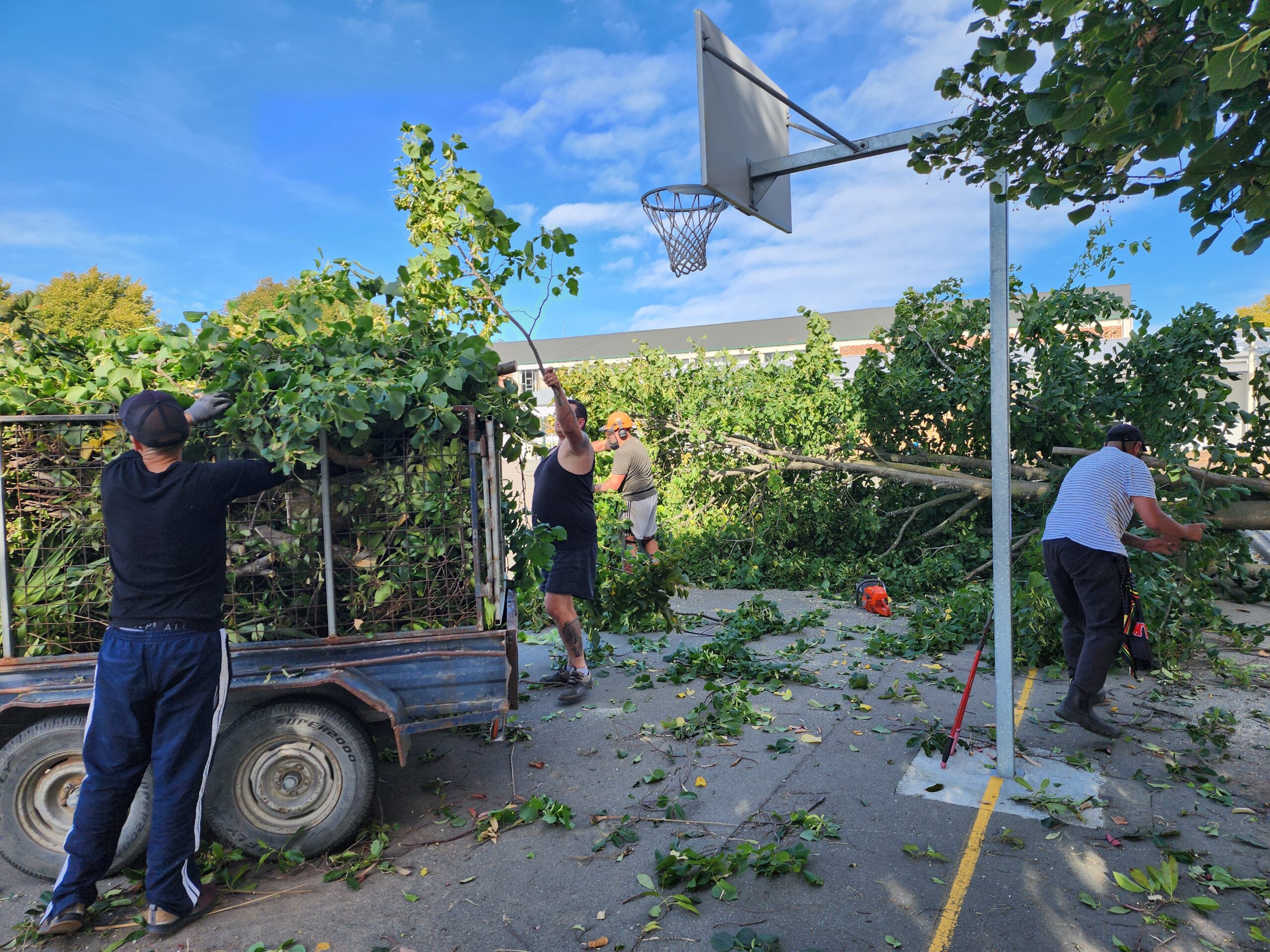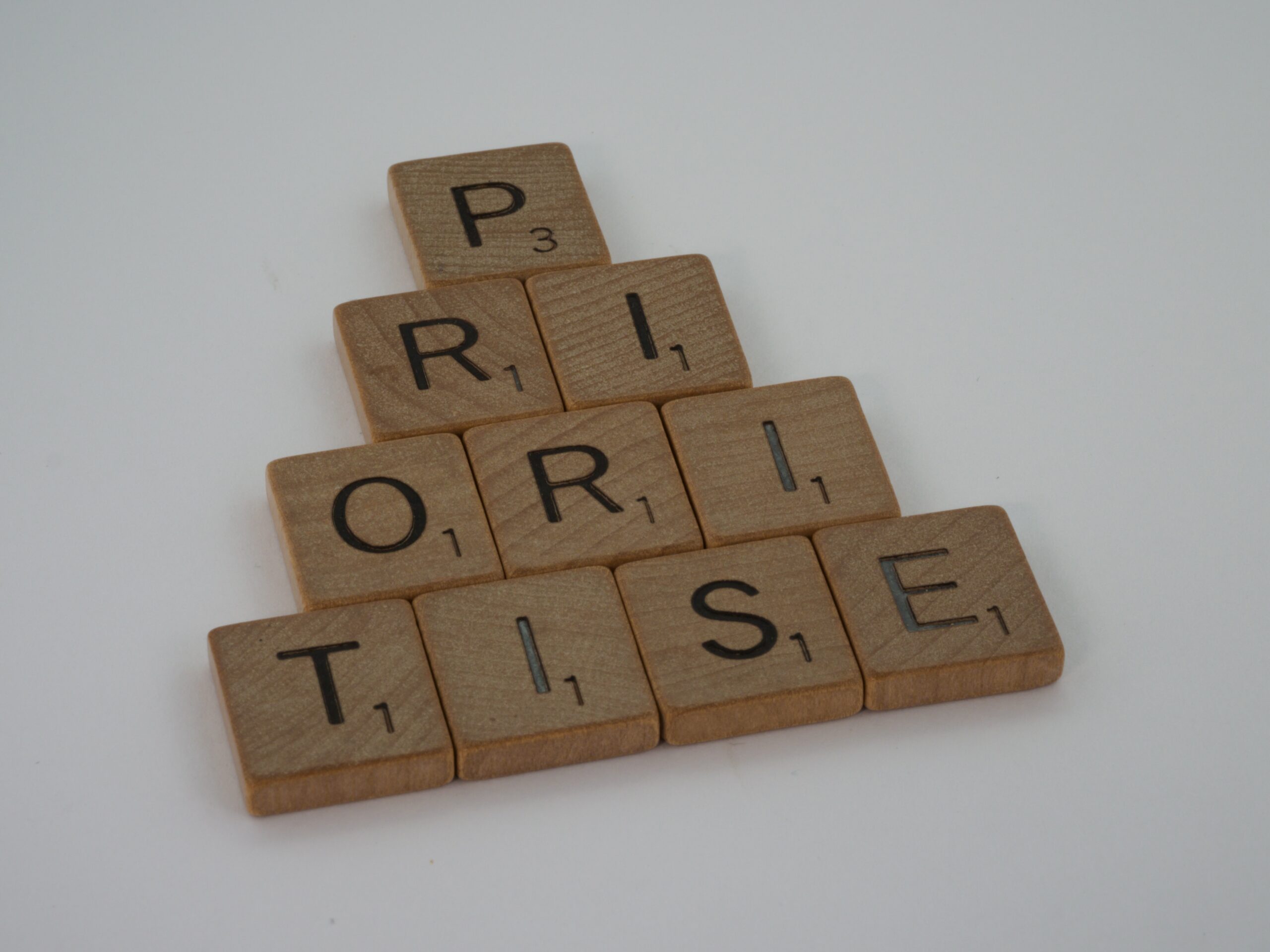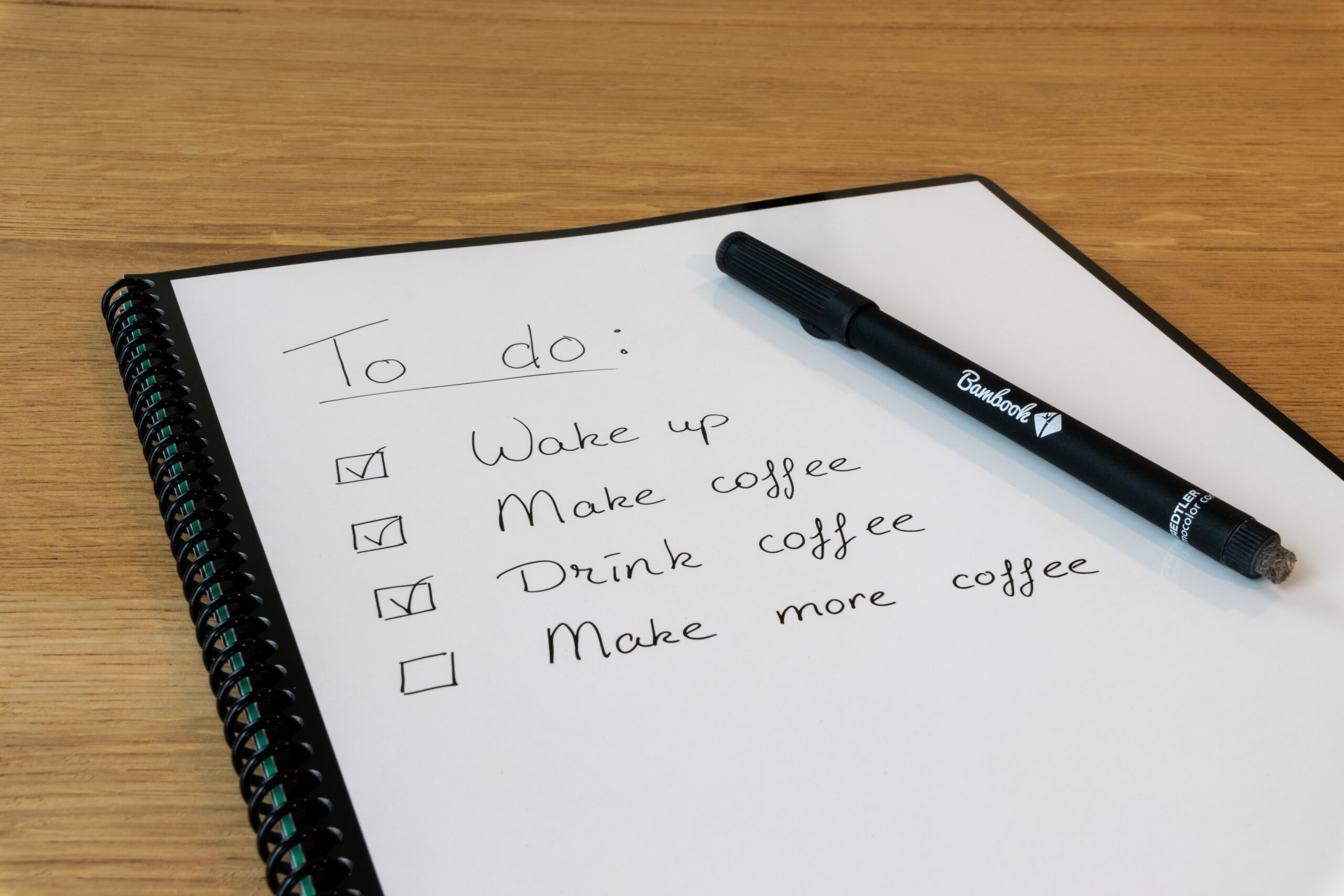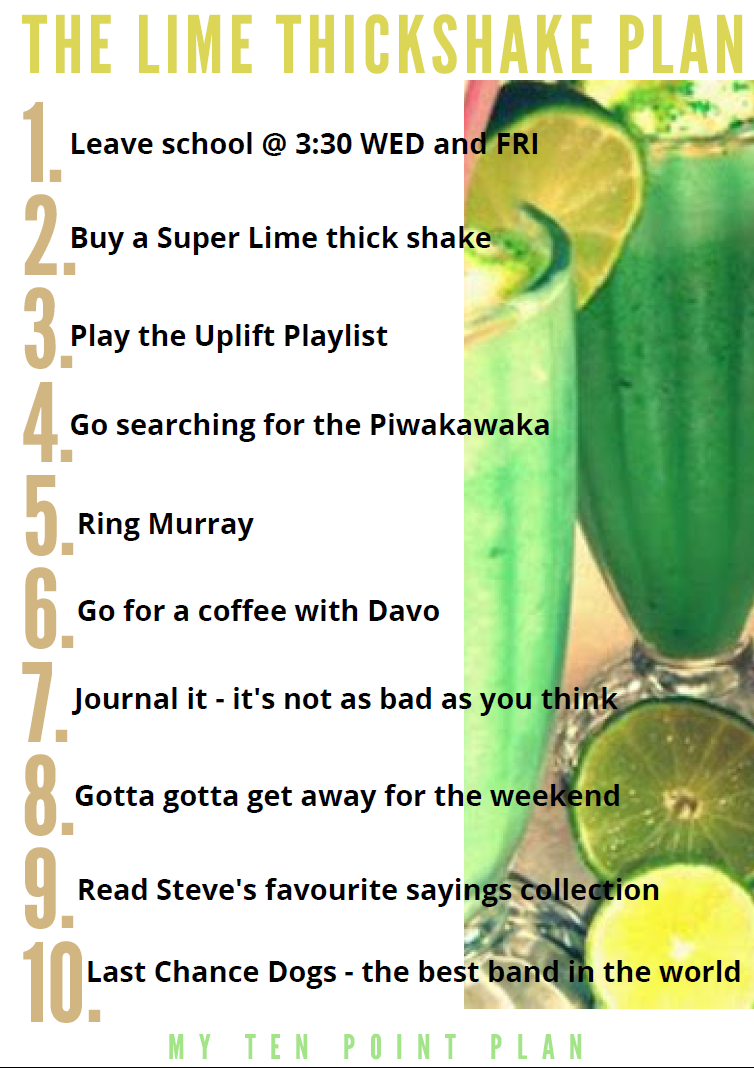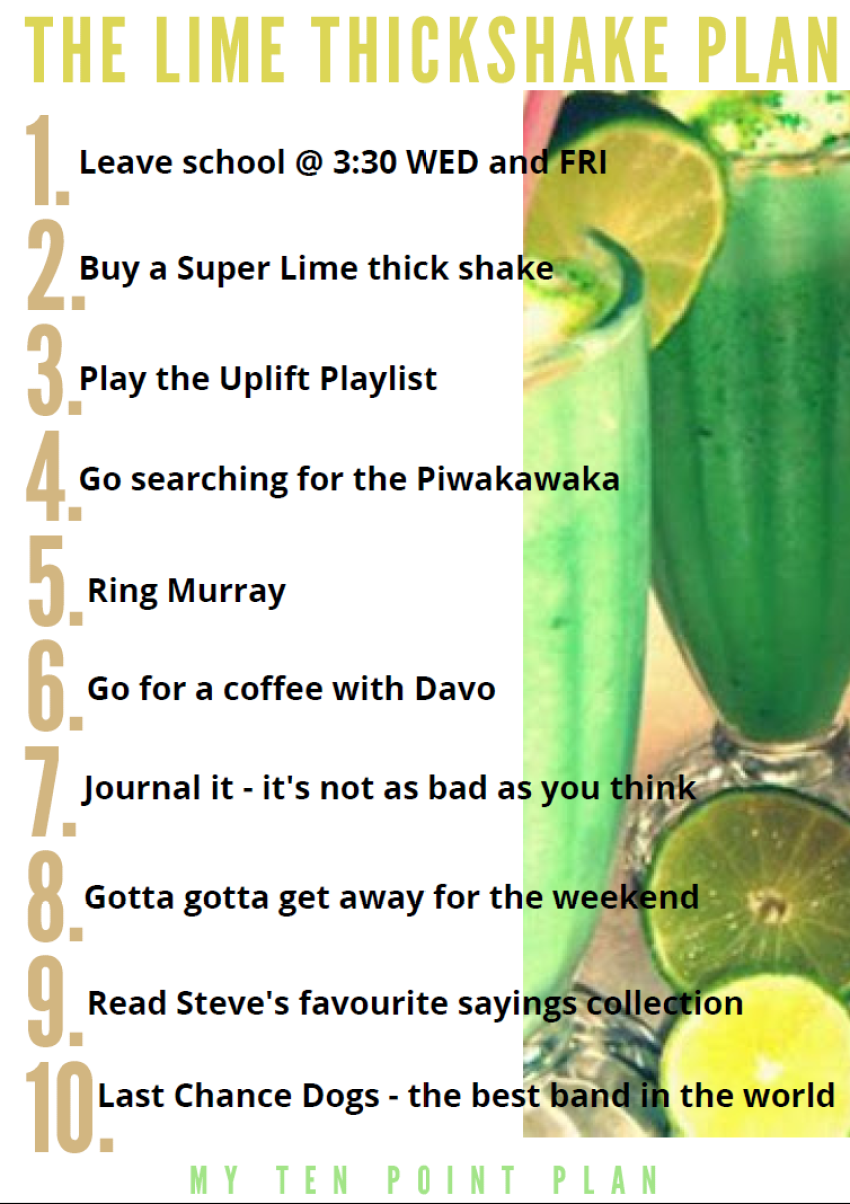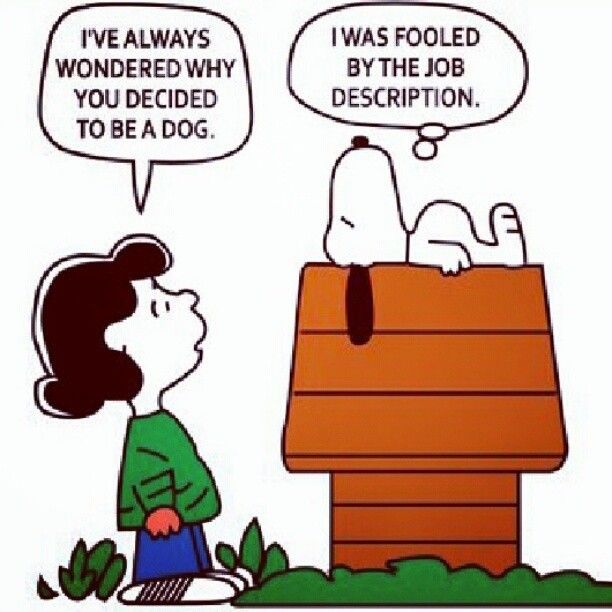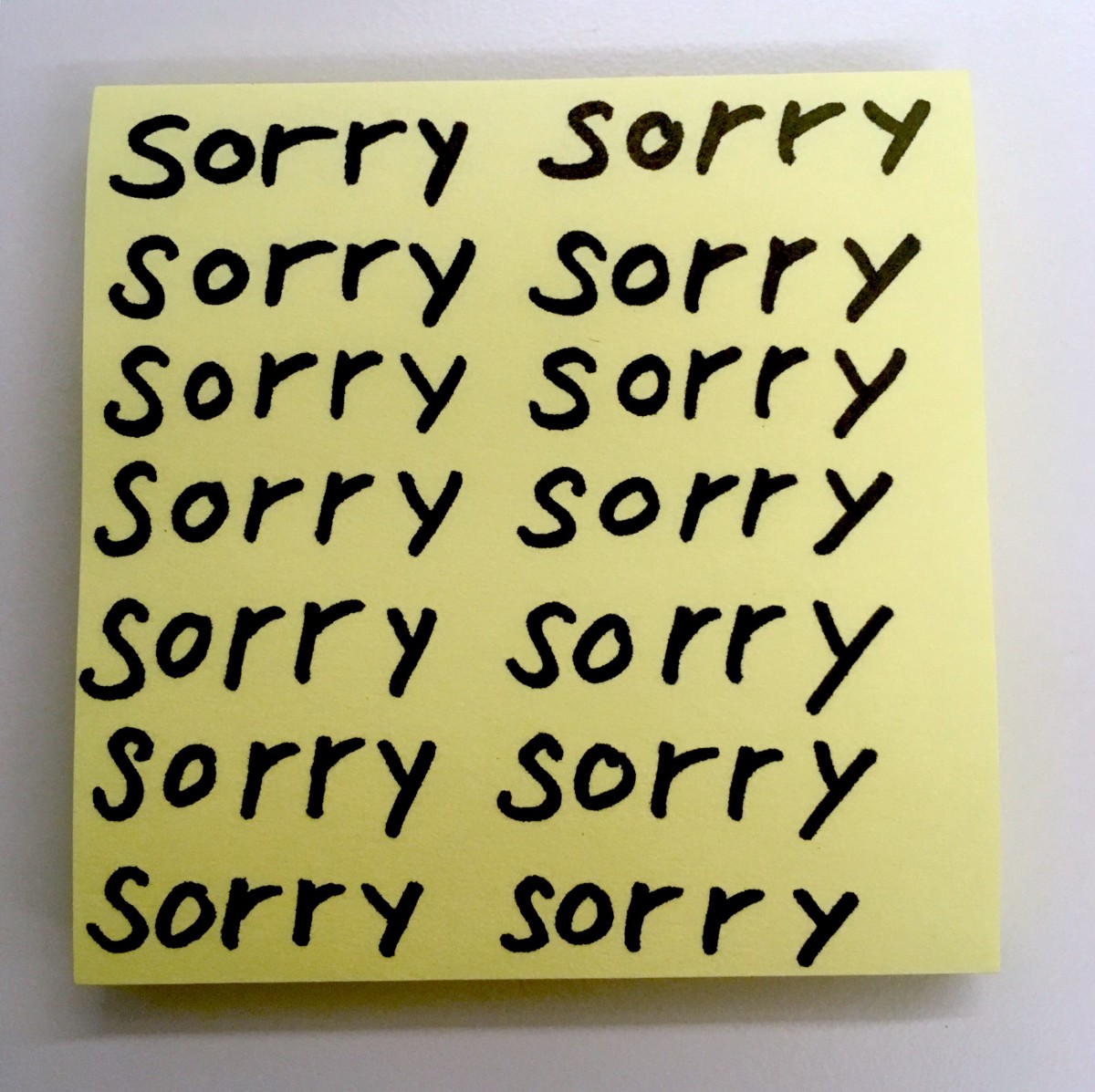
Photo by Vitolda Klein
Luckily, I’m a teacher not a builder. I say this because while I’d love a new Ford Ranger (with EV stickers on it), I’d be so slow in my job that I couldn’t afford to run it. Why? Because I’ve realised I’ve got a problem – I like projects to be just right. To be fair, I’ve suspected this for a while, but over the last holiday break I found myself pulling apart a small deck I’d built and redoing it just because one corner was slightly (15mm to be precise) too high. That deck was, objectively, finished last Christmas, but instead of accepting it was done, I just had to adjust it.
I think school leaders are very prone to doing this. Tweaking that pandemic plan, leading yet another curriculum meeting about maths, trying to build the perfect Professional Growth Cycle . . . the list is long indeed.
And we’re surrounded by people who do the same thing, and are part of a system that encourages this over thinking. It’s hard not to do the same.
The people closest to us as leaders are the teachers we work with. Typically, they like things to be right (fairly so) and can be passionate about their specialty, which leads to searching for the best. On the face of it, this is an admirable quest. Better is better and obviously the students in our care deserve this.
But there’s a cost to seeking perfection.
For example, how many times have you arrived at another reporting cycle and found that what was agreed to be fine last time now needs to be amended? I’m pretty sure most of us have been part of that dance! The “big picture” people in the team will talk lovingly about biting the bullet and adopting a whole new system, those with eyes for detail will want the font sizes changed . . .
The cost comes in the discussion, the thinking, the re-creating, the energy – all of these are finite resources and if not carefully allocated, either stop us from doing other important work or simply add to an already heavy load for everyone.
. . .
The education system that we are based in explicitly and implicitly encourages the same behaviour.
New curriculum initiatives are usually broadly described. They come with school-by-school autonomy where each school interprets how to implement them. In a quest to avoid prescription, very little specific guidance is given and so every school starts inventing their own version. This can be a daunting process and principals I know are always eager to see what others have done, not only to get some guidance on what to do themselves, but to compare and see if what they already have is “good enough”.
(As a brief aside, NZ is currently going through a curriculum “refresh” and my fervent hope is that the new model breaks the cycle of school-by-school reinvention. My breath is held.)
The implicit push is more subtle. There’s an unwritten expectation that things can always be improved.
At times this has been obvious with terms like “a culture of continuous improvement” driving Review Office expectations, but at other times it’s deeper, buried in conversations or contained in media releases. When a system wide problem emerges, an almost default next step is to start talking about what schools can do better. In our NZ context, the current angst about school attendance is a classic example.
The fact that all can see the main drivers of the problem are societal, with an overlay of 2 years of international pandemic, does not stop the conversation quickly turning to what schools can improve on. (I’m not suggesting that schools can’t be more welcoming, more relevant, or more attractive – simply that yet again we are seen as an easier answer to a complex problem.)
So the dance will start again and teams across the country will need to use their finite resources to respond.
. . .
Which brings us full loop to a term that I believe has been wrongly maligned in our game – “good enough”.
“Good enough” – satisfactory, fine, acceptable, decent, respectable – are all synonyms for this term.
When deciding at what point to stop working on something, to leave it alone, we are making a decision about where the project sits on a continuum. That line starts somewhere around ‘crap’ and stretches all the way to ‘perfect’.
Perhaps if our only job was to create a single beautiful thing, like a designer watch or a set of song lyrics, it would make sense to push the definition of good enough closer to the perfection end of the scale, but we have a myriad of things to create, maintain and support.
Recognising “good enough” and acting on it, is not a natural behaviour for many of us, but to ignore it, is to self-impose unnecessary workload and comes at a high cost to other important work.
‘Good’ is good and ‘enough’ is enough – believe it.
Dave

